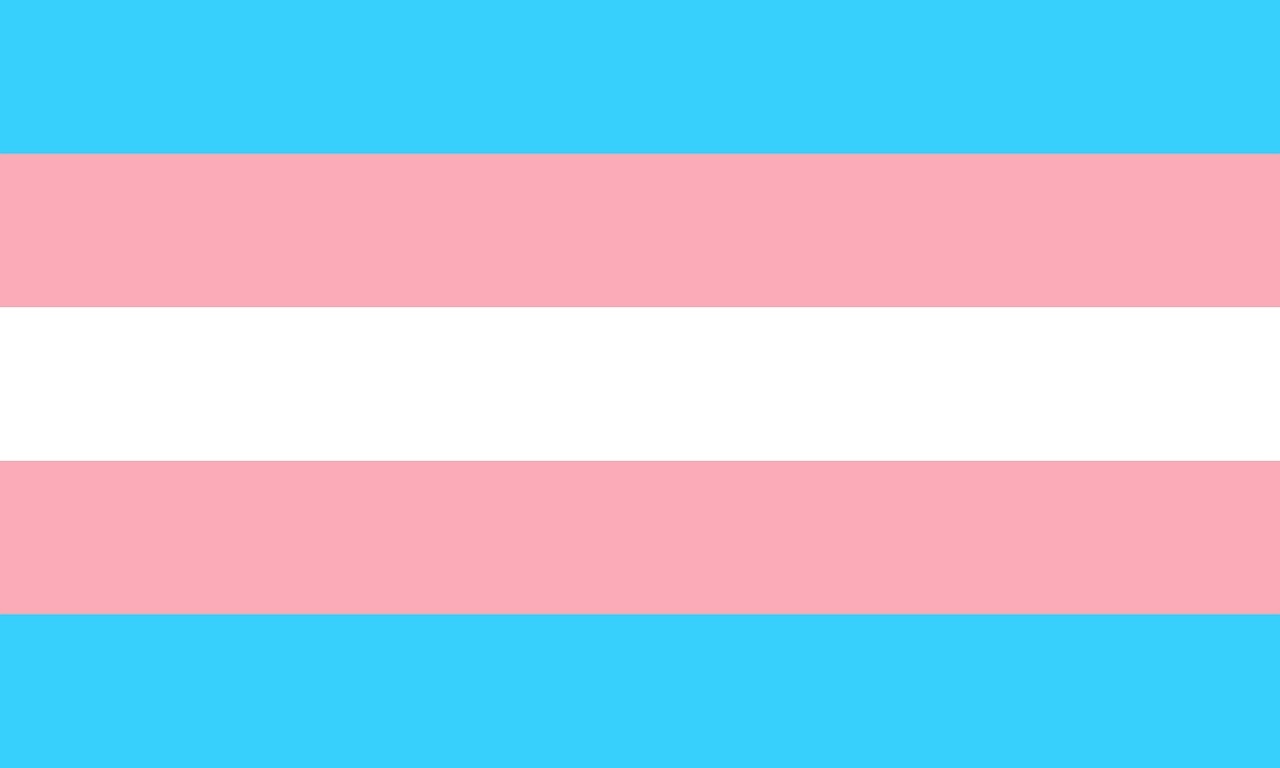The Inter-American Court of Human Rights has made its decision public after ruling in March that Peru has been responsible for the rape and torture of a trans woman whilst in police custody. This decision has taken place over twelve years after Azul Rojas Marin, living as a gay man at the time of the attack, was detained late at night in 2008 under the guise of an ‘identity check’ where she was subjected to repeated torture and sexual assault for over six hours.
In Peru, same-sex couples are currently not allowed to marry or enter into a civil partnership, but it is legal for transgender people to legally change their gender. Marin filed a criminal complaint after she was released from custody which was disregarded by the Peruvian state. However, ‘Redress’, a charity which combats against torture; ‘Promsex’, the largest LGBT+ rights group in Peru and Peru’s national coordinator for human rights refused to see the case dropped and brought the incident to the attention of the human rights court. The court is responsible for human rights violations in Latin America and functions to uphold and promote basic human rights, investigating states treatment of its citizens across Latin America.
Brenda Álvarez, Litigation Coordinator of Promsex said that “the presentation of the case to the Inter American court demonstrates once again the lack of will of the Peruvian state to redress the violation of the rights of Azul, who is one of the many victims of violence committed due to prejudice against LGBTI people in Peru”.
The court decided that the attack was unprovoked and fuelled by discrimination. The court ruled that the Peruvian state should pay for the damages which Ms Marin incurred and also provide her with appropriate psychological care. The case, which is the first case dealing with violence against the LGBT+ community brought to the Inter-American Court, has also penetrated into the intrinsically prejudice fabric of the Peruvian state’s treatment of its LGBT+ citizens. The government is now obliged to change its protocols on examining assaults against the LGBT+ community and state officials are now obligated to undergo training about LGBT+ rights.
The human rights groups involved in the ruling hope that this landmark case will put an end to the systemic discrimination which has taken place in Peru by highlighting its prevalence, and also stop acts of violence such as that endured by Marin from slipping under the radar and going unpunished across the entirety of Latin America and the rest of the world. Ms Marin commented that twelve years after her ordeal there are “no words to describe how I feel…after all that happened, a court finally believed in my word”. The Peruvian government has not yet commented about the court’s decision.
Rupert Skilbeck, Director of Redress, said: “The case of Azul is emblematic of a widespread pattern of discrimination against LGBTI persons in Peru. We hope that this case will help draw attention to this serious problem and the need for the Peruvian state to take effective measures to combat it.”
Alex Rimmer
Image: Needpix.com

